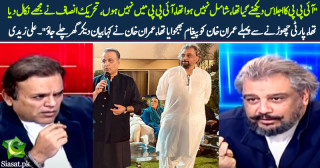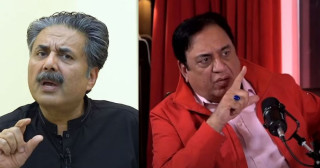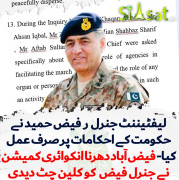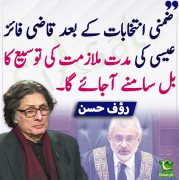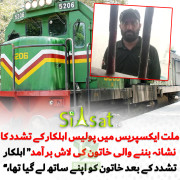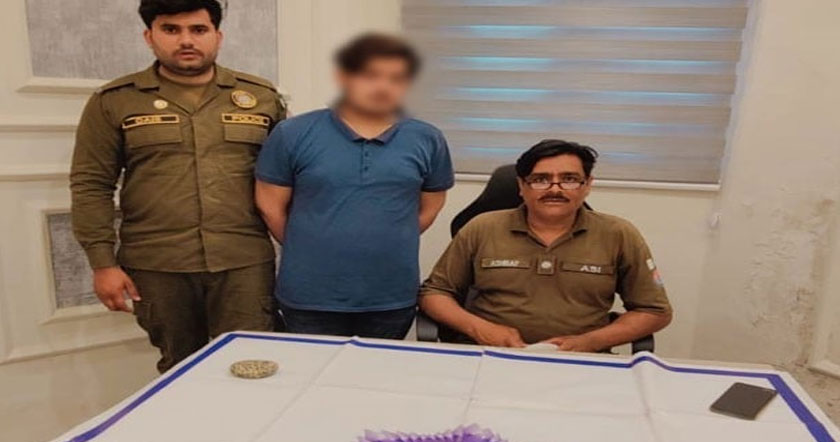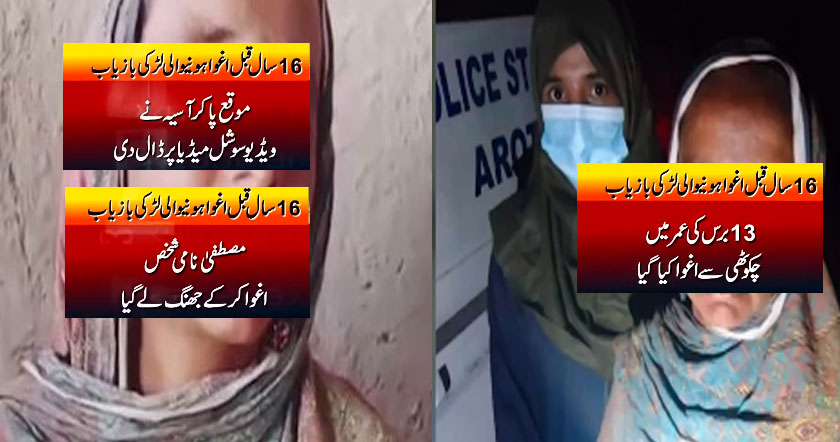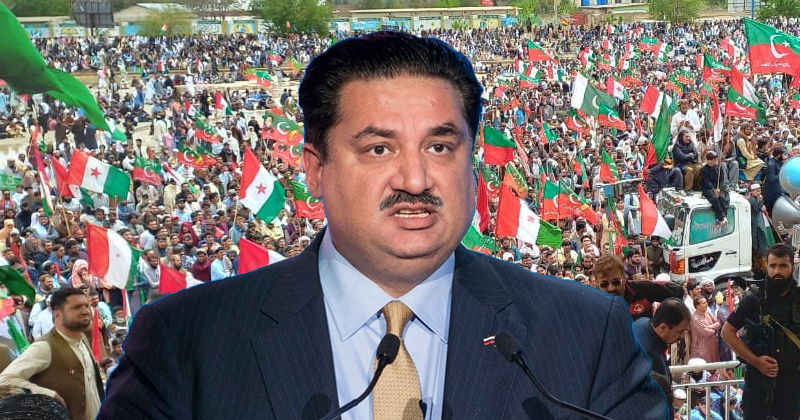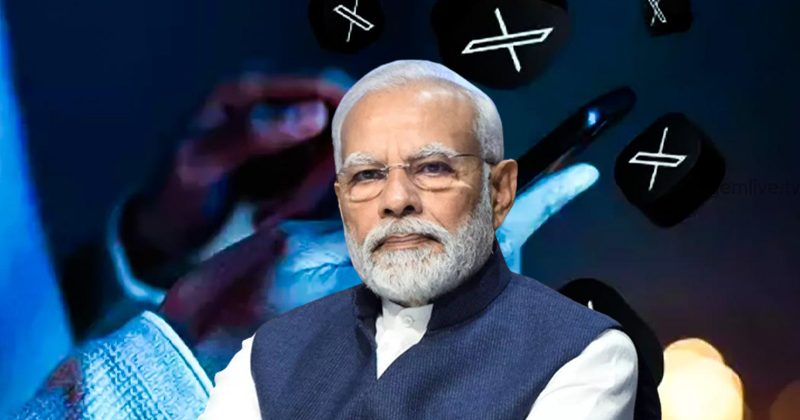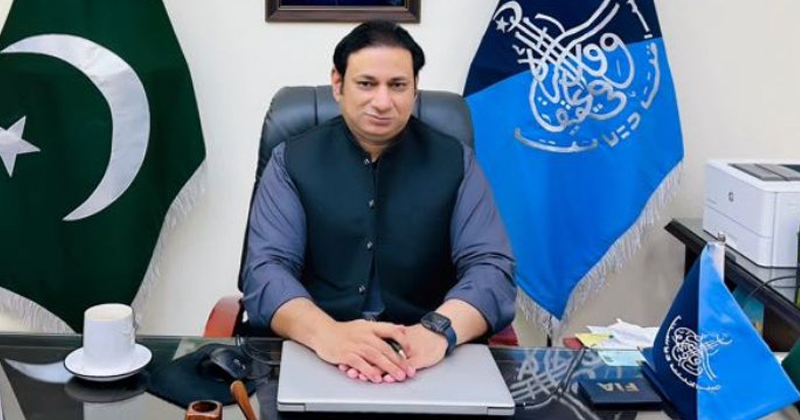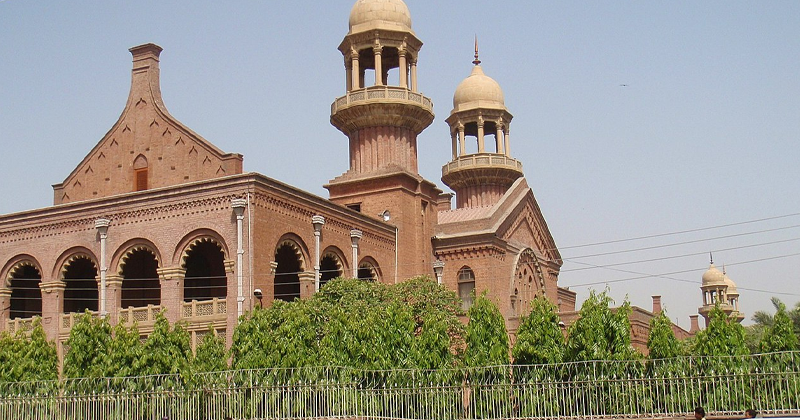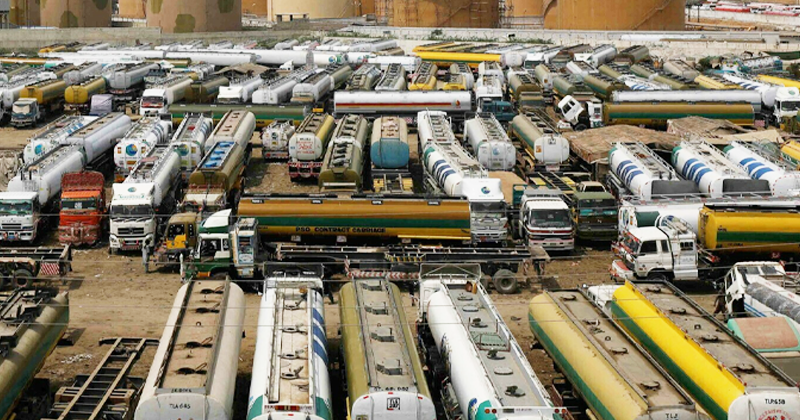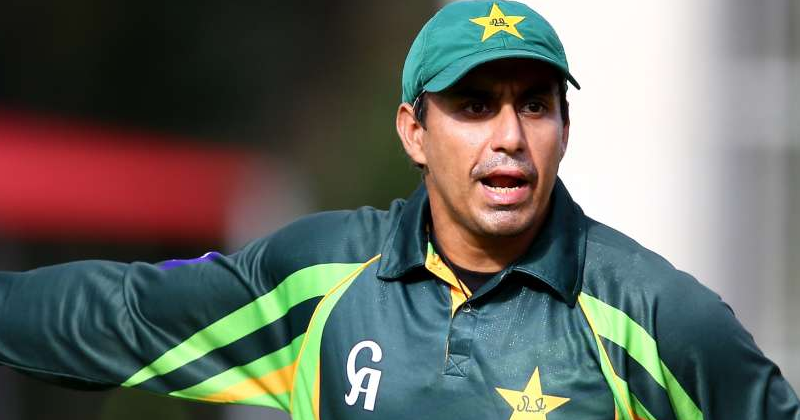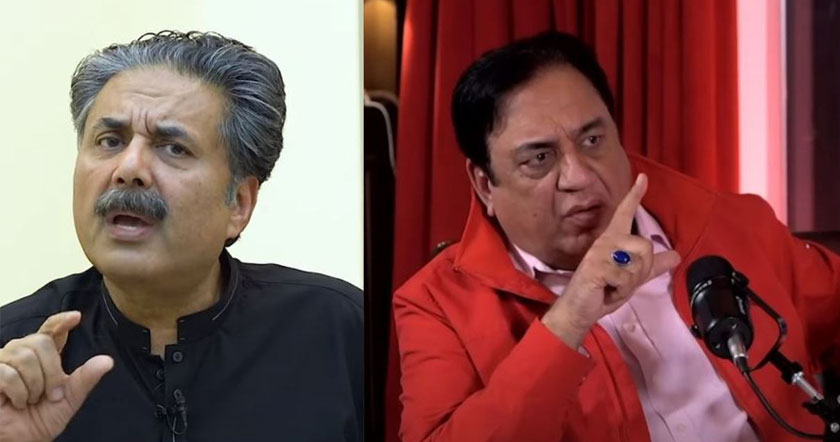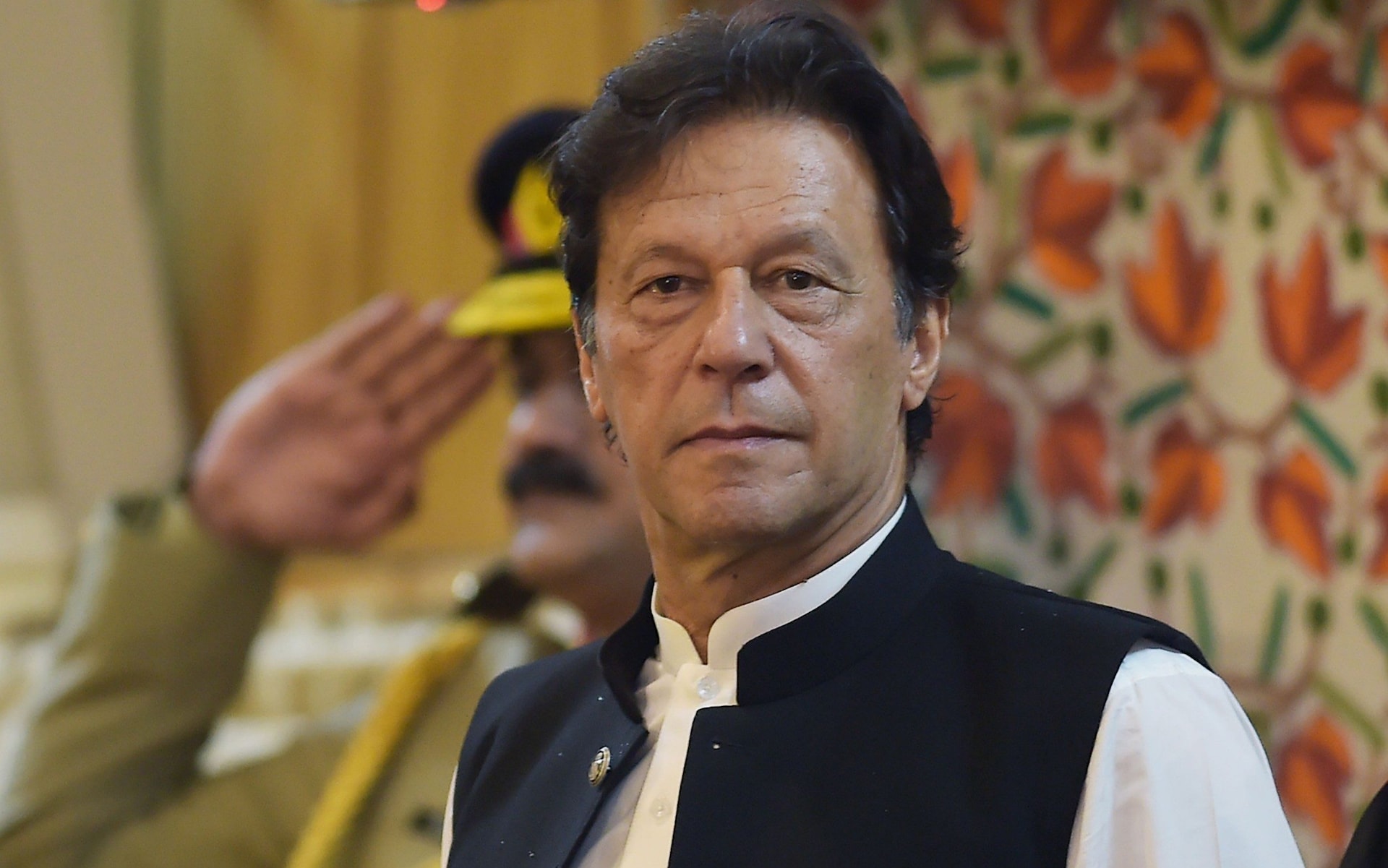
More than 50 years ago countries as far apart as Indonesia, Tanzania and Guatemala began to train local people as community health workers who can provide some treatments themselves and, as importantly, help their neighbours and communities prevent disease.
The idea took off and spread through low- and middle-income countries with Pakistan, for example, establishing a programme of Lady Health Workers. Health improvement starts in the community and if you tackle challenges at the source, whether it be health, education or skills training, it will have major health and economic benefits later. The community health worker model has been so successful that many years later it was picked up in high-income countries with New York, for example, now having a well-established network.
This community-based approach allows health, education and other social issues to be tackled together in a holistic fashion. Girls and boys who are healthy, for example, are more likely to get a good education and go on to be productive members of society and live healthy lives. The strongest systems work across sectors, breaking through barriers to drive programmes and solutions that touch on health, education, economic livelihoods and beyond.
This is why we should all be looking with particular interest at the work underway in Pakistan to build a sustainable welfare state. Called Ehsaas, which in Urdu literally means ‘empathy’, the new initiative is one of the most comprehensive welfare programmes ever undertaken by a national government, with an underlying ambition to create a social safety net for Pakistan that could transform the lives of millions. It is enormously wide-ranging and ambitious.
Despite some progress since the turn of the millennium, a quarter of people in Pakistan still live in poverty, with rates of rural poverty more than double those in urban areas. With one of the fastest growing populations in the world, Pakistan will have to create a million new jobs each year just to keep up with the number of young people entering the job market. Educational attainment is some of the worst in the region and health indicators are not promising, demonstrated by the fact that Pakistan is one of only two countries where the wild poliovirus remains endemic.
This is the context in which Ehsaas is seeking to end the cycle of poverty faced by many Pakistanis. Acknowledging that no single area will unlock this ambition alone, Ehsaas encompasses 134 policies that range from tackling corruption to creating educational opportunities to providing the elderly with decent homes.
The programme is led by Dr Sania Nishtar, Special Assistant to the Prime Minister of Pakistan on Poverty Alleviation and Social Protection, who has been mandated by Prime Minister Imran Khan to work in partnership across multiple federal ministries that these policies will be driven by, as well with provincial governments who have devolved powers including on education and health. Without a multisectoral approach, it would not be possible to create the welfare state envisioned by Ehsaas.
The launch of a countrywide public consultation was particularly important as it was the first time a public policy in Pakistan had been developed in this way and demonstrates a new level of openness and transparency. Ehsaas’s impact will hopefully go much further than the borders of Pakistan. It will provide many lessons for low-, middle- and high-income countries.
As I argued in my book Turning the World Upside Down, development should not be seen as one-way exchange between the rich and the poor. We can and must all learn from each other. The UK's and other European welfare states that developed in the 20th century covered all sectors and have been very influential; but now our policy makers can learn from Pakistan’s more integrated and cross-sectoral approach with its emphasis on governance and empowerment and greater understanding of the role that gender and other factors play. Too often we are stuck in our silos and not taking this system wide approach.
We should seek to learn from the innovative approaches that Ehsaas plans to take to lift children out of poverty, to ensure girls get the same shot as boys in school and to ensure that millions of young people have both the skills training and a social safety net. This includes
empowering the most marginalized women through the latest mobile technology and monitoring school attendance using biometric identification.
There is a long road ahead to achieve the ambitions set out in the Ehsaas programme, which is still in its infancy. Whatever the eventual outcome, it is encouraging to see a country with Pakistan’s potential setting its ambitions so high. As with the community health worker system that turned global health on its head, the breaking down of silos is a vital step in building a welfare state in Pakistan but also provides a blueprint for how other countries can ensure essential services for all.
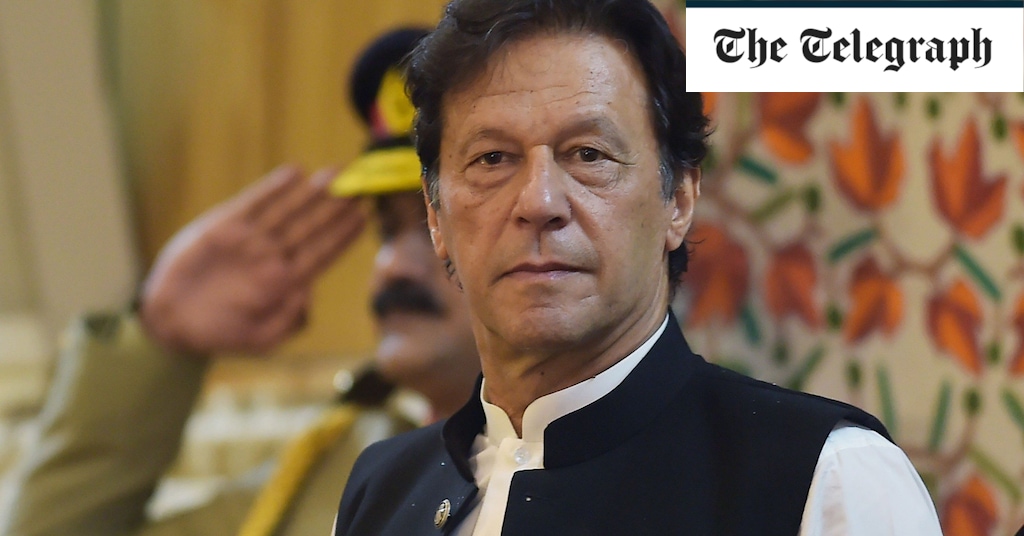
Pakistan is leading the way with its welfare state – the world can learn from its innovation
More than 50 years ago countries as far apart as Indonesia, Tanzania and Guatemala began to train local people as community health workers who can provide some treatments themselves and, as importantly, help their neighbours and communities prevent disease.



